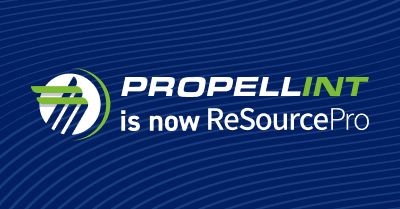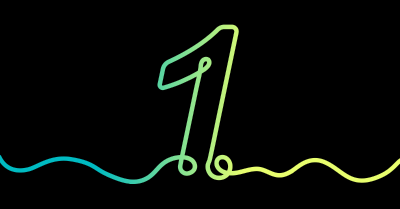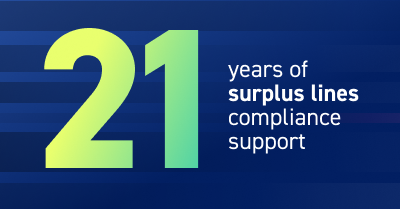With 300,000+ followers on LinkedIn and hundreds of blog posts, Steve Anderson has been a productive and influential thought leader on risk long before he wrote his first book. But to finish co-writing The Bezos Letters: 14 Principles to Grow Your Business Like Amazon, even Steve had to tweak his daily routine to reach the daunting 60,000 word count.
In our new series, ReSource Pro Tips, we share the personal and organizational productivity hacks of top insurance professionals and thought leaders. We’re kicking off with Steve, who will keynote ReSource Pro’s Virtual Boot Camp Nov. 9-10.
How do you typically start your workday?
First thing in the morning, looking at email is one of the things I don’t do. Instead, I spend some time planning the day. I have a detailed goal-setting process for annual, quarterly, weekly, and daily goals. I ask myself what are the three most important tasks I have to complete to reach my goals.
When do you start work?
I’m typically in the office by 6 or 6:30am. My routine has changed somewhat since I started taking my granddaughter to school, but I come into the office to get a little done first.
Where do you work best?
I have a small physical office outside my home, which has been great. When it was shut down for a while earlier this year, I was working from home, which my lovely wife also does. She said, “For better and for worse, not for lunch,” so as soon as we could go back, I did.
What’s one tech solution you’ve started using for your productivity?
Just recently, I wrote about scheduling meetings and calls online. People wanting to meet with me can see when I have time available and it’s added automatically to my calendar. It saves both sides the “When do you have time?” back and forth.
What’s one form of tech you’ve cut out to improve your productivity?
Social media. For me, I’ll check LinkedIn toward the end of the day when I’m tired and don’t have to think as much when replying to posts and comments. I stay off Facebook.
How do you stay productive as a writer?
My goal is to write 500 words every day. I schedule that time on my calendar.
People tell me all the time that I sound in person just like I write. That’s because almost everything I write actually starts with dictation. I use Dragon speech recognition software, (which creates an editable transcript).
Inbox zero or 4,000?
Zero. It doesn’t mean that every email is handled at the end of the day, but I put it in a place where I trust I’ll get back to. My inbox is seldom at zero, but rarely over 20.
(I’ve seen people have inboxes with as many) as 10,000 unread messages. Your mind is always thinking, “What am I missing?” For me, the rule is if I can answer in two minutes or less, I do it when I process my email. I take time out every hour or two and go through the inbox.
What productivity challenges do you see as unique to insurance professionals?
Constant interruption. You’re dealing with customer issues that come up anytime. Because of this, managing your inbox can be the biggest productivity drain in an agency.
I believe very strongly that most agency staff put entirely too much weight on answering email fast and not training clients on when an appropriate response should come.
“Our clients expect that,” is the comment I hear. Well, you trained them to. Tell them, “Here is how we handle email communication, and depending on the request, it may take longer. In an emergency, call us or text us.” Communicate clearly what the expectations are.
What productivity initiatives do you see failing in insurance organizations?
CRM systems and AMS almost all fail in implementation. Tech rarely fails, but getting employees to change and take full advantage of a new technology is the challenge. Teams need training on a new technology for a full year after going live, but people cut out training because they already have sticker shock.
Book that’s inspired you lately?
That Will Never Work by Marc Randolph. He was the cofounder and first CEO of Netflix. They’re a really good example of not assuming that what they have now is right for the future
One of the crazy things they did early on in creating original content was they released all the episodes on the same day—no one had done that before. But their analytics showed that people watched one episode after another, so they stuck with their customer focus.
The future of my company is…
Exciting, unlimited. I’ve been thinking about 2020, and while most of it’s negative, I think there’s some silver linings, if we have the right mindset. March 2020 will be remembered as the point in time when every business became a startup. All assumptions changed. Examine every assumption you’ve made as a business and about your customer. Then think how can you learn and take advantage?
The future of insurance is…
I go back to when Jeff Bezos testified to congress this year (and said,) “It’s still Day One for this country, and even in the face of today’s humbling challenges, I have never been more optimistic about our future.”
Even with all of the challenges, I’m very optimistic where we’re headed in the future. Insurance organizations may be losing clients left and right due to businesses that won’t reopen. But the industry is very adaptable.
Productivity is…
Making sure not that you’re getting more things done, but more of the right things done.



